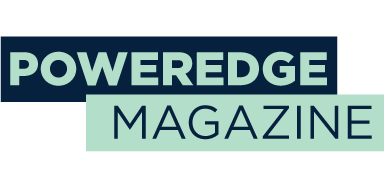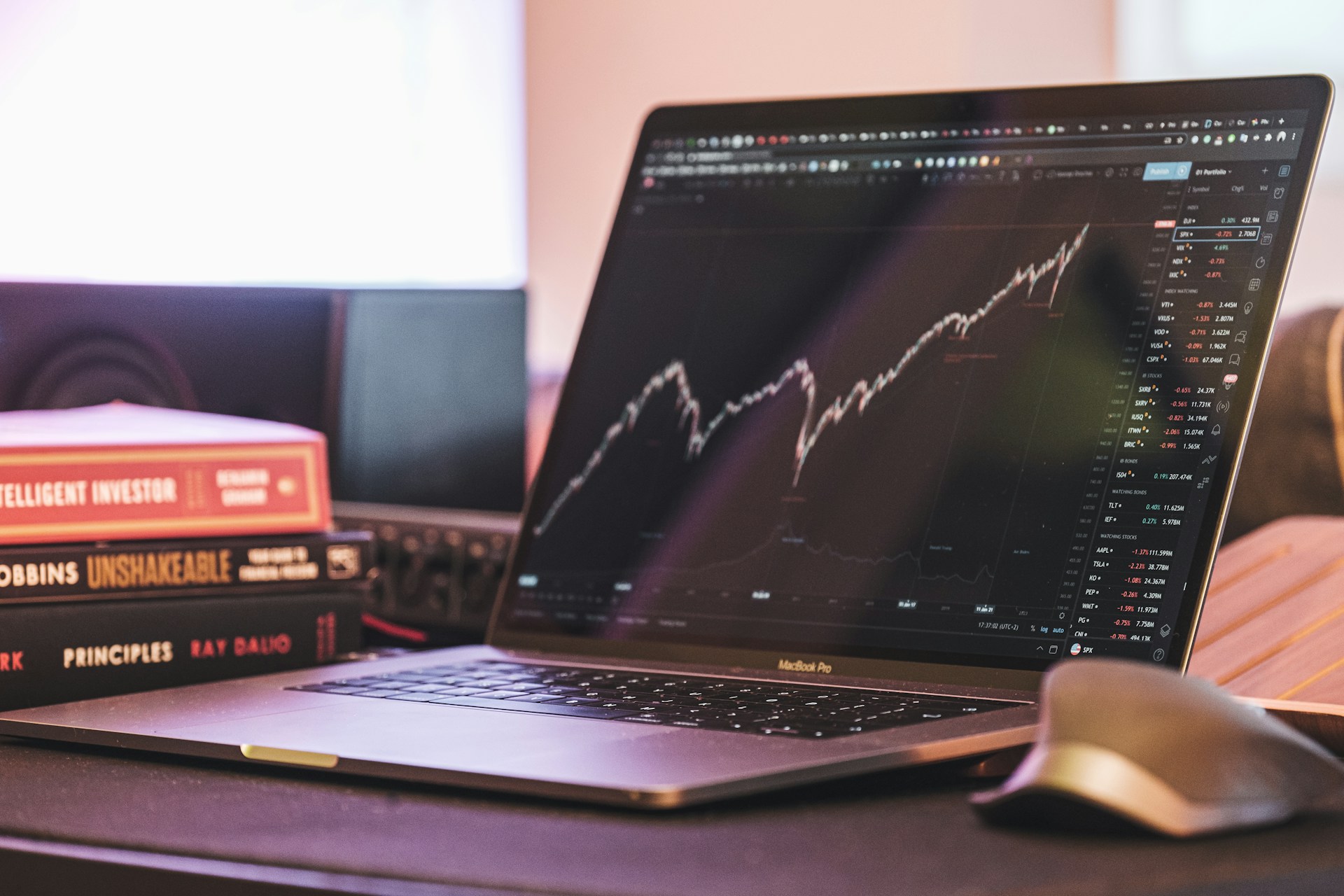European stocks are enjoying an unexpected surge that’s driving the largest wave of block trades in the region this century—and bankers expect this trend to continue.
According to Bloomberg data, nearly $26 billion worth of European stocks were sold via large-scale transactions in 2025. Deals ranged from Pfizer’s finalization of its exit from Haleon Plc to governments offloading crisis-era stakes in banks.
Initially, many strategists anticipated European equities would lag behind their U.S. counterparts, burdened by weak growth prospects and concerns over U.S. tariffs. Instead, Europe’s benchmark is recording its strongest start since 2019, prompting a spate of accelerated bookbuild (ABB) offerings as bullish sentiment takes hold.
“This has helped underpin the robust ABB volumes we’ve seen,” said Saadi Soudavar, head of equity capital markets for Europe, the Middle East, and Africa at Deutsche Bank AG. “We do anticipate a fair amount of secondary activity still to come.”
The recent uptick builds on a strong performance in 2024 and a shift in investor focus. Appetite for U.S. stocks, which initially soared after Donald Trump’s election, has cooled amid trade-policy concerns and a slowing economic outlook. This shift has led shareholders in European companies to monetize long-held positions. For example, Italy’s Agnelli clan and Switzerland’s Sandoz family sold a combined $6 billion in Ferrari NV and Novartis AG shares in February.
Private equity investors have also taken advantage of the favorable market conditions. Earlier this month, a group led by EQT AB divested approximately 1.34 billion Swiss francs ($1.5 billion) in Galderma Group AG, despite some turbulence that required a wider discount on the sale. In a more creative transaction, Wendel arranged a three-year process to sell its stake in Bureau Veritas.
“Long-term holders appear to be making the most of a Lazarus moment after a decade of dreadful European market returns,” said Mark Taylor, director of sales trading at Panmure Liberum.
In contrast to the surge in block sales, new listing activity has been quieter. For instance, drugmaker Stada Arzneimittel AG postponed its IPO until September due to recent market volatility.
For block trades—where investors buy stakes in already listed companies at a discount—market volatility has been a double-edged sword. On one hand, it has prompted sellers to take advantage of high prices. On the other, further declines in stock prices could shrink the window of opportunity for these deals. “Sellers have definitely been motivated to get stuff out the door given the uncertainty,” said Ben Rolfe, an M&A equity sales specialist at Shore Capital. “The volatility has certainly helped.”
Looking ahead, corporations and family offices are expected to remain the main providers of block offerings, rather than private equity firms. “Some corporates and families are still looking to monetize non-strategic cross-holdings to reallocate capital and diversify their portfolios,” explained Luca Erpici, co-head of EMEA ECM at Jefferies Financial Group Inc.
There is also optimism that the shift of U.S. and global investors toward European equities has further room to grow. Nearly half of the strategists polled by Bloomberg have raised their targets for the Stoxx 600 benchmark by over 6% since February, with the median target now at 566 points.
“With European equities back in vogue, it’s little wonder we are seeing a surge in activity,” said Emmanuel Valavanis, senior vice president of equity sales at Forte Securities.
—
With assistance from Sagarika Jaisinghani and Bre Bradham.

